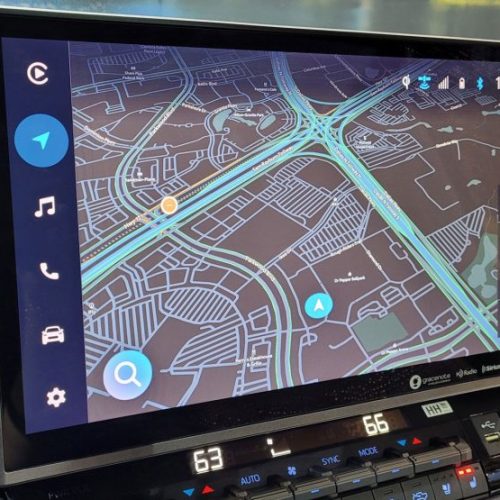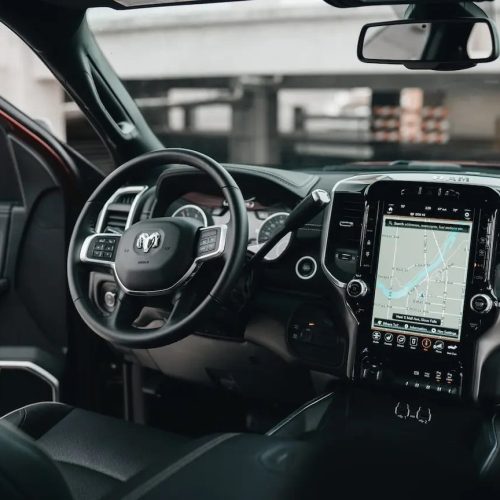climate change
As the world becomes increasingly concerned about climate change, many businesses and governments are looking for ways to reduce their carbon footprint. One area where GPS tracking can make a big impact is in the transportation industry.
Globally, the transportation sector is responsible for approximately 24% of greenhouse gas emissions, making it a major contributor to climate change.
“…emissions from transportation are projected to increase by 16% by 2050 without significant policy intervention…”
– International Energy Agency
According to the International Energy Agency, emissions from transportation are projected to increase by 16% by 2050 without significant policy intervention…
However, by using GPS tracking technology, businesses can reduce their transportation-related emissions by optimizing routes, improving vehicle maintenance, and promoting efficient driving habits.

optimizing routes
One way GPS tracking can help reduce carbon emissions is by optimizing routes. According to a study by Geotab, GPS tracking devices can reduce fuel consumption by up to 30% by providing drivers with the most efficient routes. This can reduce the amount of time vehicles spend on the road, which in turn reduces fuel consumption and emissions.

vehicle maintenance
Another way GPS tracking can help reduce carbon emissions is by improving vehicle maintenance. According to a study by the US Department of Energy, proper vehicle maintenance can improve fuel efficiency by up to 4%. By monitoring the performance of vehicles in real-time, businesses can detect issues before they become major problems. This can help prevent breakdowns and ensure that vehicles are running at peak efficiency. Vehicles that are running efficiently produce fewer emissions than those that are not.

driver behaviour
GPS tracking can also help reduce emissions by improving driver behaviour. According to a study by Verizon Connect, aggressive driving habits such as speeding, harsh braking, and rapid acceleration can reduce fuel efficiency by up to 35%. By monitoring these behaviours in real-time, businesses can identify drivers who need additional training. This can lead to more efficient driving habits and fewer emissions.

